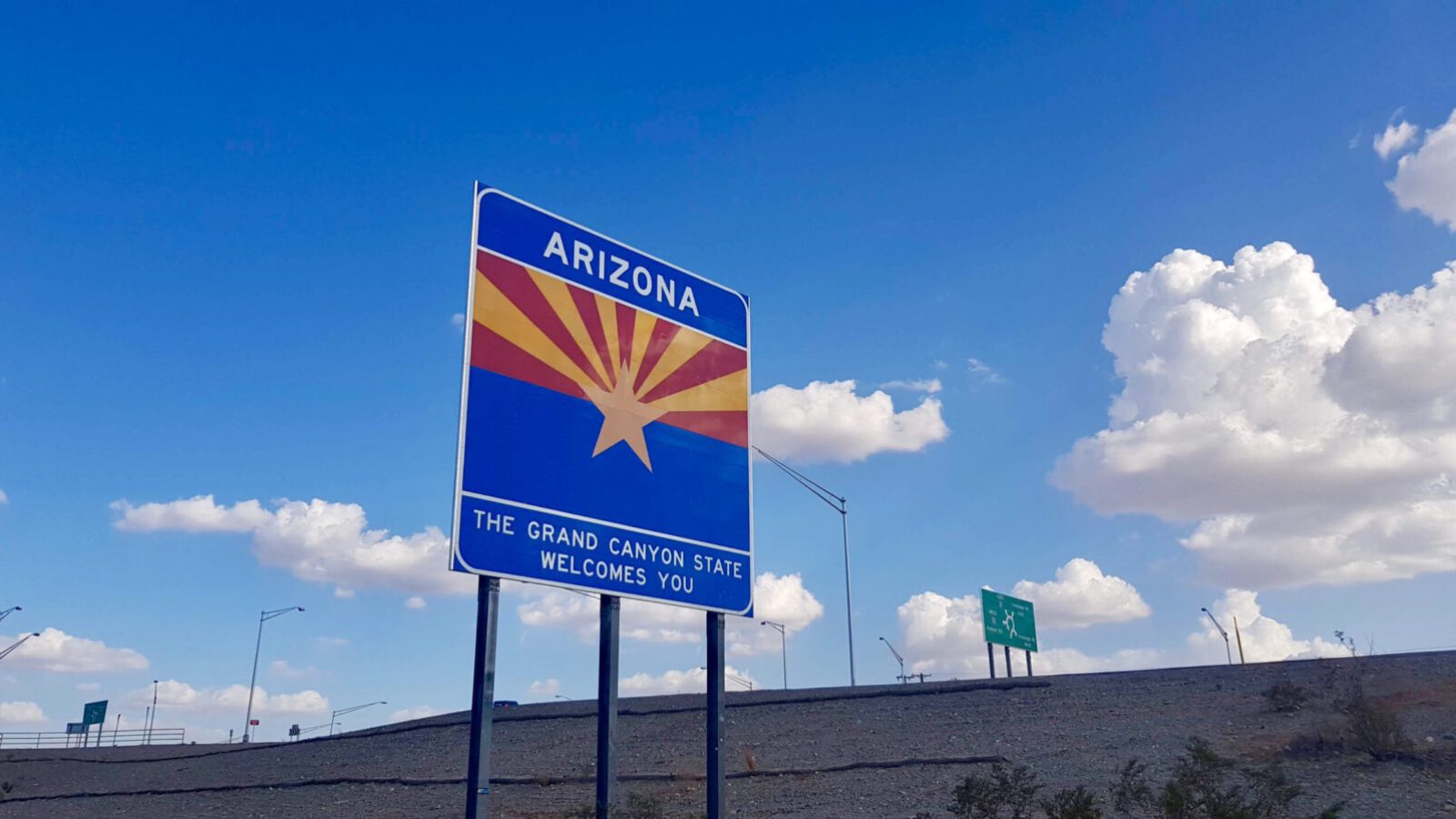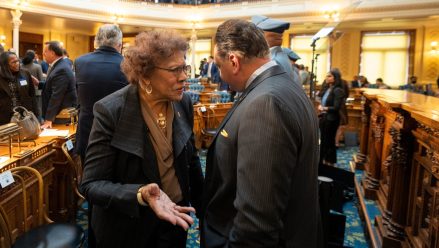Add another cease-and-desist order to the wall for Kalshi, Robinhood, and Crypto.com — entities operating prediction markets nationwide — continuing to put the companies at odds with gaming regulators who accuse them of illegally circumventing their rules, regulations, and tax structures.
“Kalshi is not licensed and its operation of event wagering in Arizona is illegal,” wrote Douglas Jensen, chief law enforcement officer for the Arizona Department of Gaming (ADG), in a May 21 cease-and-desist order obtained by InGame, which is addressed to Kalshi CEO Tarek Mansour.
Similar letters were sent by Arizona officials to Kalshi partner Robinhood, as well as Crypto.com, regarding the sports-related markets on the platforms. This makes Arizona the seventh state to issue a cease-and-desist order to Kalshi, following actions in Nevada, New Jersey, Maryland, Montana, Ohio, and Illinois.
Additional jurisdictions including Massachusetts, Pennsylvania, and Michigan have also announced investigations into the platforms’ activity, but so far have stopped short of demanding cessation on the platforms.
“Whether a contract will pay its buyer depends on whether that person correctly predicted the result of the event and bought a contract for the correct outcome,” Jensen explained in the letter. “This amounts to Kalshi taking wagers, defined in A.R.S. § 5-1301(23)(a) as “a sum of money or thing of value risked on an uncertain occurrence.”
Vast legal entanglements
Kalshi has forcefully defended its actions in legal actions that have opened up in connection with its activity, and has notched several wins in the process. In Nevada, New Jersey, and Maryland, Kalshi sued the parties issuing the cease-and-desist orders and has sought preliminary injunctions to allow it to continue operations during the pendency of the actions.
In both Nevada and New Jersey, Kalshi was successful in convincing federal judges that the federal government, via the Commodity Exchange Act (CEA) and the Commodity and Futures Trading Commission (CFTC), has “exclusive jurisdiction” to oversee the markets and products offered by Kalshi, which is a registered Designated Contracts Market (DCM). Or, in other words, that it is not beholden to any rules promulgated at the state level. A judge has yet to rule on a similar motion based on similar arguments in Maryland.
In response to request for comment about the Arizona letter, a Kalshi spokesperson said: “Kalshi remains under the exclusive jurisdiction of the CFTC. We have the utmost respect for the regulatory process and look forward to resolving the matter.”
The parties are debating a number of positions and legal theories, but the main issue boils down to federalism and state sovereignty, and whether the federal government and states share jurisdiction to regulate sports gambling or products resembling sports gambling. Another key issue is whether sports-related event contracts involve some measure of “economic consequence,” the kind contemplated by the CFTC rules and regulations that would make them more akin to a financial product, rather than something that is essentially gambling or gaming.
Other states and commenters have accused Kalshi of engaging in some high-stakes semantics, or even gaslighting, which is not a legal theory but nevertheless might be part of its overall strategy to carve out a novel market that allows its users to trade on outcomes of sports events without having to comply with any state rules or pay any state taxes.
Wrote Jensen for Arizona:
“The Department recognizes Kalshi’s attempt to legitimize its conduct by labeling it as an ‘innovation’ regulated by the Commodity Futures Trading Commission. In fact, there is no meaningful difference between buying one of your offered contracts and placing a bet with any other sportsbook. And, Kalshi is avoiding regulatory requirements in Arizona to include licensing and background investigations, the prohibition on wagers by persons under twenty-one (21) years of age, and requirements relating to integrity monitoring and problem gambling.”
Jensen and the ADG did not identify any certain date for Kalshi to cease activity, making it less likely that Kalshi will move to federal court to attempt to gain injunctive relief. Rather, this dispute is likely to be more open-ended, as in Ohio and Montana.
As a backdrop to all of this legal squabbling is the indisputable reality that a significant majority of the activity on its platform is not related to politics, the weather, gas prices, inflation, culture, health, or any of the outcomes in various other categories that users can trade on.
Rather, more than three-quarters of Kalshi’s trading volume now comes from sports, according to data analyzed by InGame’s Daniel O’Boyle in an article published this week. “The figures suggest that Kalshi makes a larger percentage of its money from sports than DraftKings or FanDuel — businesses that are almost synonymous with sports betting in the U.S.,” wrote O’Boyle.
That reality may change in the future, especially when the 2026 midterm elections approach. It is clear, however, that sports events contacts are supplying a lot of action and liquidity into Kalshi’s trading platform.






